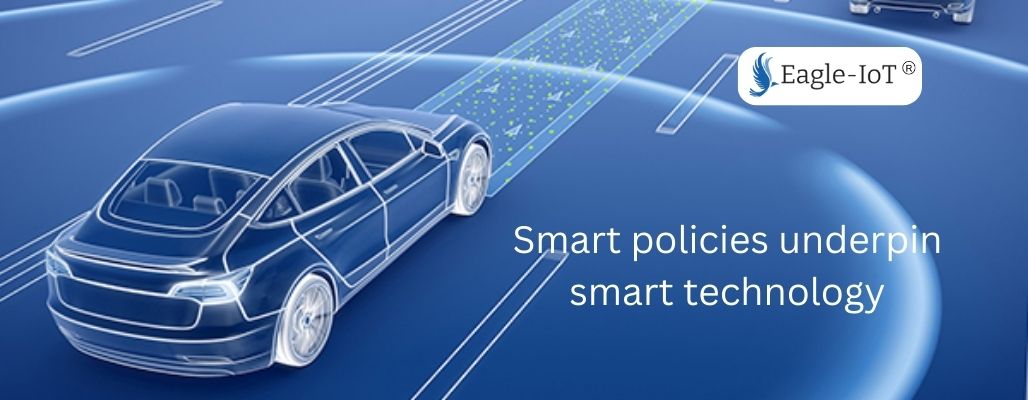Smart policies underpin smart technology
Never before has it been more vital to make the most of your resources. Telematics is a term that is ongoing buzz word used in the transportation and automotive industries. Yet it’s also an enigma to several.
Today telematics and fleet management has converged with AI. It would be hard to find a new bus from a vendor that did not have an integrated system installed through it. Dashcams and other vehicle-mounted technology augmented with artificial intelligence (AI) is certainly not a new concept, but many in the industry may also be unaware of the benefits associated with having these systems in place. This technology can be used to prevent accidents happening in the first place. They not only improve road safety, but they save lives.
Advanced Driver Assistance Systems (ADAS) is a part of an advanced vehicle safety technology. This technology use cameras and sensors to monitor and minimize distraction behind the wheels, provides real-time feedback, improve training, and aid in post-collision investigations. With forward-facing AI dashcams, the lens is centered on the road ahead, can offer drivers with early warning signals regarding tailgating, speeding, hard braking, or deviating from a lane while driving. Meanwhile, driver-facing AI cameras may keep an eye on individuals behind the wheel, detecting symptoms of distraction, unauthorized phone usage, or even dozing off. This will not only improve road safety, but will also boost operational efficiency, and be cost effective.


With the deployment of artificial intelligence based dashcams in commercial cars, ethics, privacy, and data protection are just as crucial as the technology itself. It is of significant importance to consider regional and country-specific legislation on this subject. Fleet operators can avoid the risk of privacy implications by complying with existing regulations, stay abreast with emerging legislation, and ensure that data-driven schemes promote safety, trust, and respect for all.


